BALTIMORE — The Maryland Zoo in Baltimore is saddened to announce the death of Amari, the 20-year-old female leopard who was a long time favorite among staff and guests. Amari was euthanized this morning at the Zoo. She had mammary cancer, a common malady in cats.
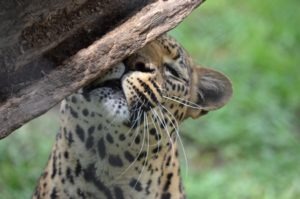
“This is a sad day for The Maryland Zoo and our community,” stated Don Hutchinson, President/CEO of The Maryland Zoo. “Amari will be missed by all of us, including me. During my walks around the campus, I always made it a point to stop and visit the leopards. She was one of my favorites.”
Amari came to the Zoo in 1995, as a two-year-old from the Pretoria National Zoological Gardens in South Africa. Both Amari and Hobbes, the male leopard, were orphaned as cubs when their parents were poached. (They were not siblings.) They were rescued and were raised in Pretoria together, and subsequently both came to The Maryland Zoo. Here they resided along the boardwalk in Africa, in an exhibit built specifically for leopards due to the presence of an iconic 200-year-old white oak tree, known here as the “Leopard Tree.” They did produce two female offspring in 1997.
“In the wild, leopards often store their kill in a tree for safekeeping after a hunt. Here at the Zoo, Amari often took her enrichment items into the tree or climbed up to watch the animals on the other side of the boardwalk,” commented Mike McClure, general curator at the Zoo. “She was very adept at learning new behaviors, allowing the keepers and veterinarians to provide excellent care for her throughout her life here at the Zoo. Some of my fondest memories are of seeing Amari in her tree and watching her raise her cubs because she came to the Zoo the same year that I did.”
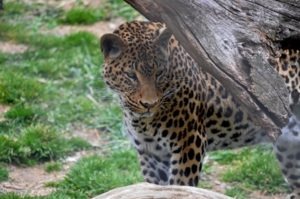
“Amari was diagnosed with mammary cancer which had spread to her lymph nodes,” stated Dr. Ellen Bronson, chief veterinarian for the Zoo. “As an elderly cat, many treatment options would have been invasive and would not have significantly improved her prognosis. We have been keeping her level of care consistent and monitoring her for any signs of lethargy or discomfort, adjusting medications for pain as necessary. Unfortunately, it became apparent that her quality of life was in decline and we knew the disease was taking its toll on her.”
Amari was the Zoo’s “Groundhog Day” prognosticator for 2012. She correctly chose a box decorated with spring images, and filled with meat treats, to predict an early spring arrival. Hobbes, 19, continues to reside in the Leopard exhibit.

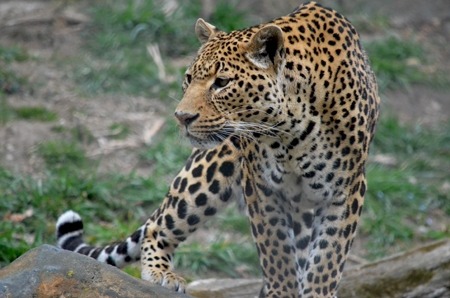
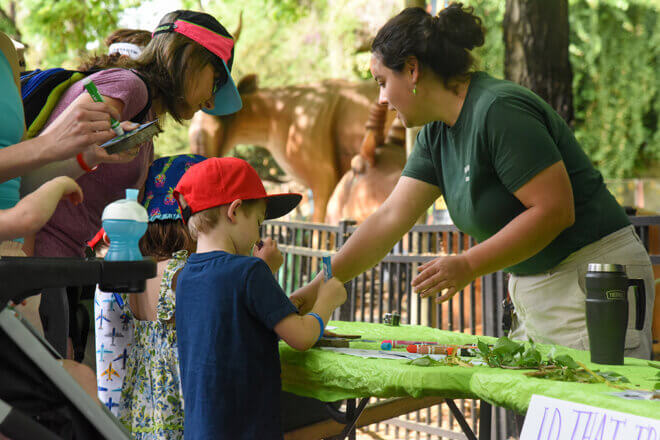
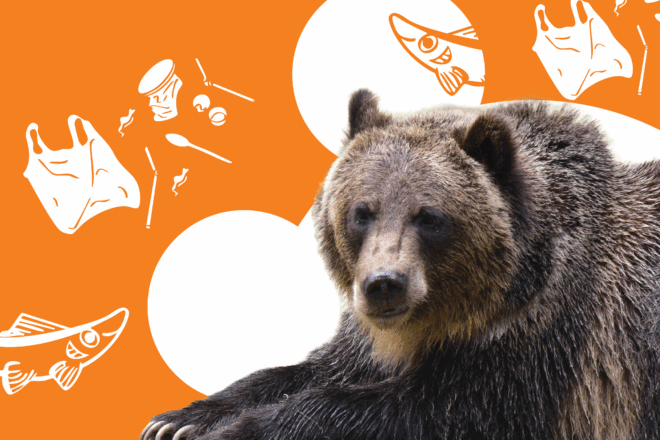
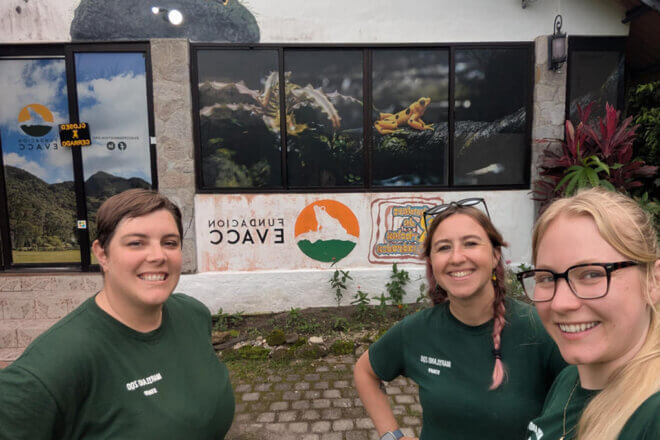
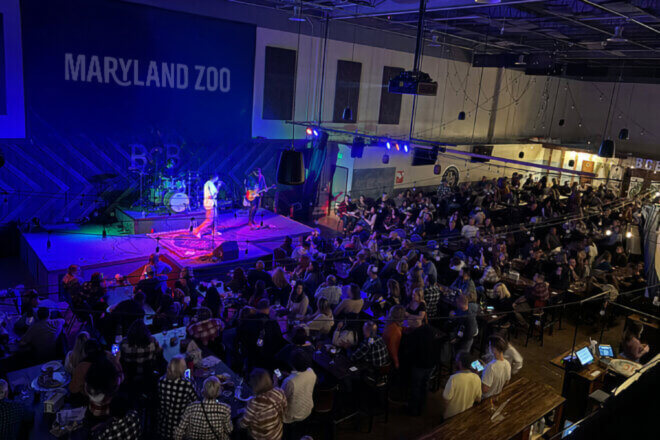
Share this article